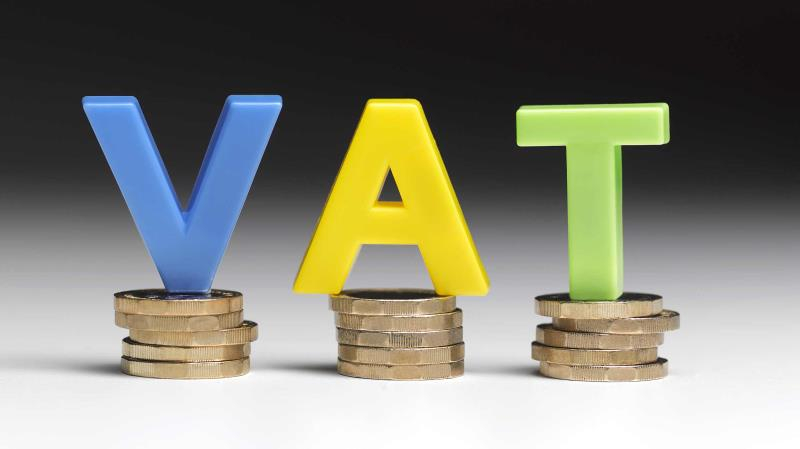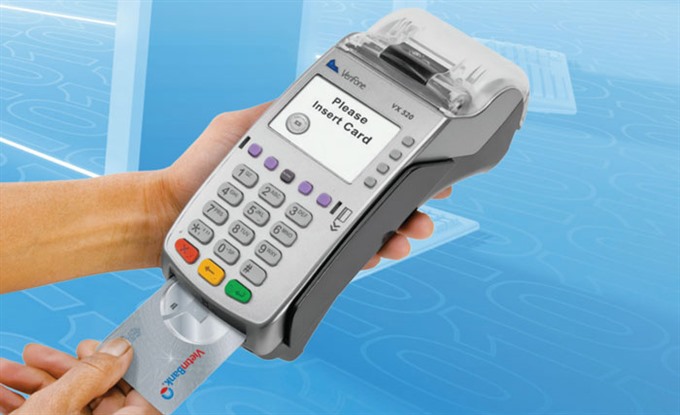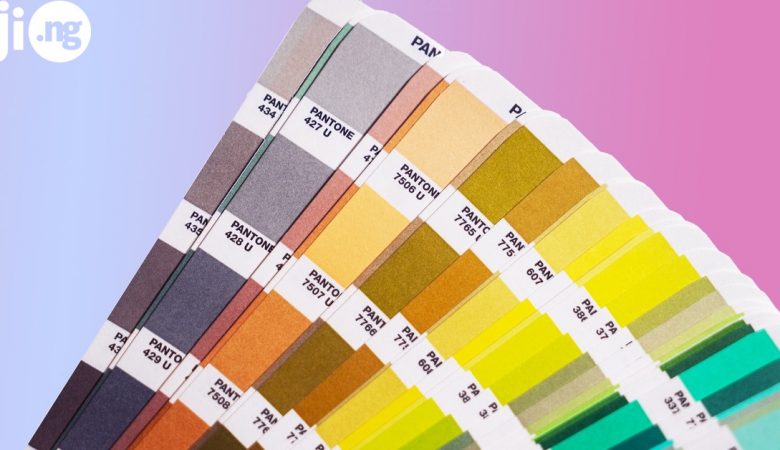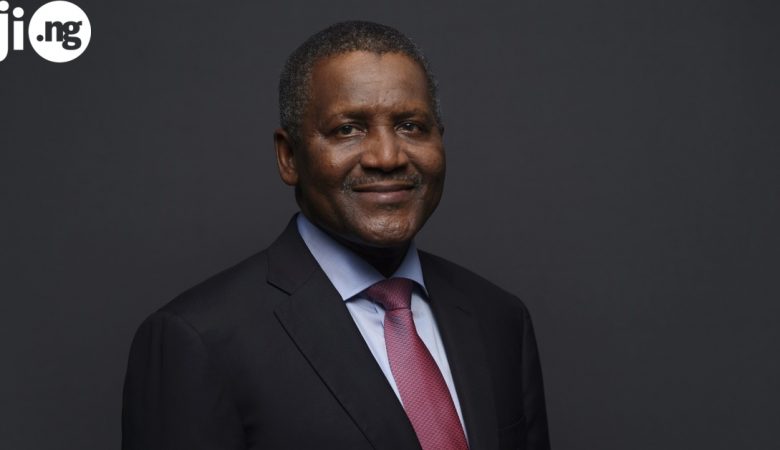In the past few months, the Nigerian economy underwent a number of important changes, and not all of them have been positively received by the society. Perhaps, the most important change is the increase of VAT, or Value Added Tax. Here is everything you need to know about the new policies.
Save money on shopping every day with Jiji
1. The policies
There have been not one, but three widely discussed new financial policies. The first one, issued by the Federal Inland Revenue Service, imposed a 5% VAT on all online transactions that take place starting in January 2020. Then the federal government unveiled the plans to increase the VAT on all goods from the existing 5% to 7.5%, and while this policy still has to be approved by the National Assembly to become law, most Nigerians believe the new VAT is already a given.
The final new policy was issued by the Central Bank of Nigeria. According to this policy, a 2% or 3% charge will be applied to all withdrawals and deposits of ₦500,000 and more by individuals, while corporate accounts will pay a 3% or 5% charge on withdrawals and deposits of ₦3 million and more.
The new CBN policy was made live on September 18 in select states, including Lagos, Abuja, Kano, Ogun, and Anambra. The rest of the nation will experience the new policies starting from March 31, 2020. Needless to say, Nigerian businesses and individuals were not happy about the development.

2. The background
With new financial measures seeming rather harsh and being introduced rather abruptly, Nigerians can’t help but wonder: why are the new policies being designed at all? According to the officials, the 7.5% VAT is actually one of the lowest VAT rates around the world. The VAT was increased due to the government’s need to support and develop the country’s infrastructure.
The government claims that the increased tax and the loans are the only two ways to get the funds required to successfully run the country, which is why the 2.5% increase of VAT is absolutely necessary. The officials have pleaded with Nigerians to support the policy.
As for the CBN’s introduced charge for depositing and withdrawing money to and from the account, the background for this change is Nigeria’s cashless policy that was introduced several years ago. In an attempt to conduct more payments through point of sale terminals and mobile technologies, the CBN is planning to charge fees for cash operations.

3. The effect
Many Nigerians, including business owners, are speaking highly critical of the new policies. They believe that instead of promoting cashless payments, the new policies will do the opposite. Plus, there is no clarity in the policies yet. For example, it is not yet clear whether the merchant or the buyer will be responsible for the 7.5% VAT fee.
In any way, the newly introduced financial regulations are expected to do more harm than good. Some experts predict that they will lead to numerous negative consequences and that business owners, buyers, and individual merchants will prefer to lead their businesses outside of the banking system.

Buy and sell safely with the Jiji app










